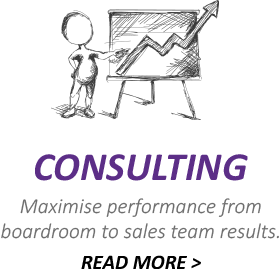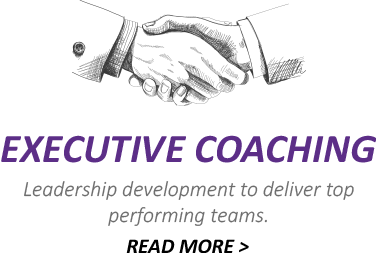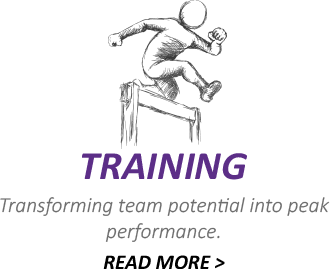The prevalence of new and alternative methods of communication have caused many salespeople to neglect one of their most powerful assets. A piece of old technology, the telephone.
Too many people these days prefer to hide behind Email, text and social media rather than picking up the phone and creating an engaging and meaningful conversation.
Why do people feel this way? One reason could be that text, tweets and emails are quick and easy to create and send. They don’t require you to step out of your comfort zone. Picking up the phone and dealing with a live interaction where you need to think and respond in the moment is more challenging, but the payoff is worth it.
What’s the impact of this trend?
Could we be inadvertently reducing our level of influence, the effectiveness of our communication and the depth of relationship with clients?
I’d make the case that for salespeople, the telephone should be your greatest friend.
Unfortunately, as convenient as email is it simply cannot give you the level of interaction you desire when speaking with a prospect or customer. The tone or substance of an email can easily be misinterpreted. You thought you were being witty, but they thought you were flippant!
You thought the tone of your email was clear and concise, but they took your comments as cold and impersonal, possibly even rude.
Using the phone effectively allows you to gain a greater understanding of how a client is thinking and feeling. Providing you with a valuable opportunity to ask relevant and useful questions to assist them further.
So here are 3 tips to improve your telephone skills.
- When prospecting or following up leads, focus on stimulating interest with prospects rather than the immediate action you’d like them to take. E.g., arranging a meeting. Make sure the content of your call focuses on what’s in it for them. Explain how you have helped others in the sector with key challenges, rather than droning on about how good your service, product and company are.
- Become adept at listening for the intonation in a person’s voice. Have you called at a really inconvenient time? Do they sound stressed or exhausted? If so why not show some empathy and offer to rearrange the call for a more suitable time. Often this will accelerate the relationship and make people more amenable to speaking with you. After all, when was the last time a salesperson did that to you? It makes you memorable and distinct, and they won’t be expecting this fresh response.
- Plan your call. Too many times salespeople hit the phones without spending a few moments to think through the potential directions an important call may take. What are the customer’s key issues or concerns. Likely objections? What ways can you add value to help them move forward? How can you demonstrate the value of taking a certain action or making a purchase decision? What would be the most appropriate next step as a goal for this call? A few minutes of mental preparation will see your calls progress far more successfully.
True, using the phone does take practice and skill to master. However, the dividends it pays when building quality relationships far outweigh the effort.
So, I encourage you to embrace this form of communication and differentiate yourself from the crowd of emailers still waiting for a client to respond!






